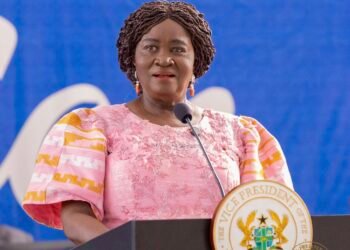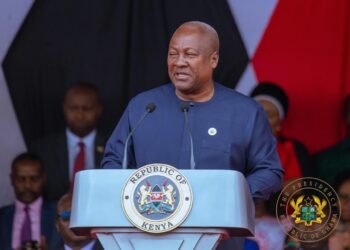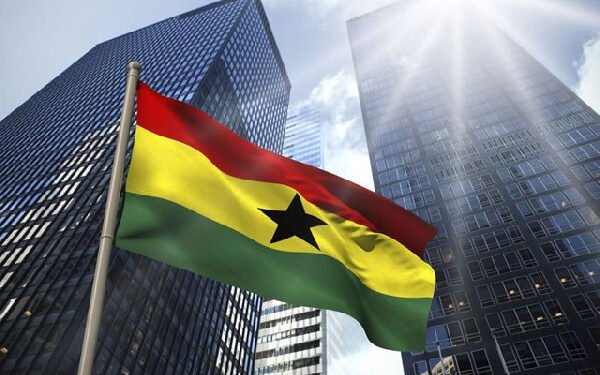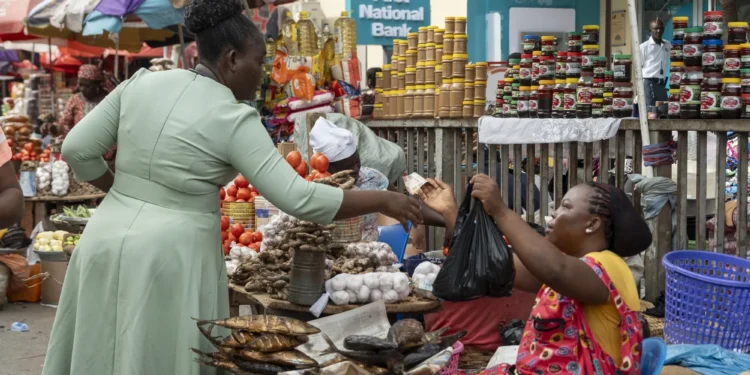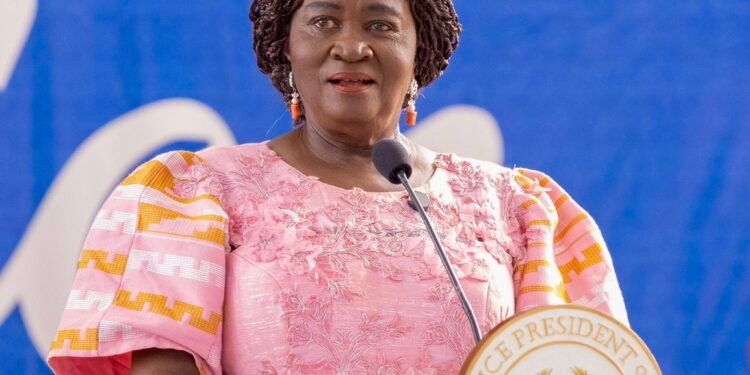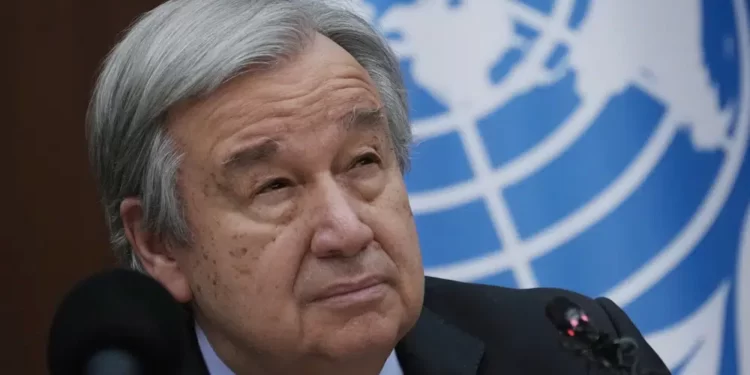The Chief Executive Officer (CEO) of the National Youth Authority (NYA), Osman Ayariga, has strongly backed President John Dramani Mahama’s stance that Ghana does not currently require a state of emergency to confront illegal mining.
President Mahama recently reiterated that his government will not be rushed into declaring a state of emergency despite growing calls from sections of the public and opposition voices.
He maintained that the existing laws already provide adequate authority to clamp down on offenders and seize equipment used in illegal mining activities. According to him, such a drastic measure should only be considered as a last resort, after all legal avenues have been fully explored.
Ayariga aligned himself with the president’s position, insisting that the conditions that previously necessitated discussions around a state of emergency no longer apply under the current administration.
“I support 100% based on what the president is saying because he has been properly advised and properly briefed and is not just for us to decide that we have to go on a state of emergency.
“Mind you, there are exigencies that existed during the NPP era that are quite different from what exist today. Even if in the previous administration we were calling for a state of emergency, the dynamics have changed now because there are so many structures we have put in place in fighting galamsey”
Osman Ayariga, NYA CEO
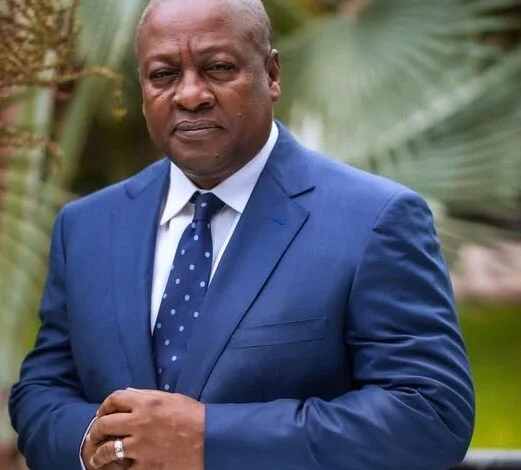
Despite the president’s position, the galamsey menace continues to draw widespread concern, particularly from opposition figures who argue that government’s approach is not urgent enough. Critics point to the increasing destruction of water bodies and farmlands as evidence that tougher measures may be necessary.
Dennis Miracles Aboagye, an aide to former vice president Dr. Mahamudu Bawumia, addressed a press conference at the Kwanyako Water Treatment Plant in the Central Region, highlighting the worsening state of the Ayensu River. He alleged that illegal mining activities had severely compromised the quality of water available to the community and urged government to act swiftly.
Aboagye specifically called on the Minister of Government Communications, Hon. Felix Kwakye Ofosu, to intervene by providing boreholes for residents in the affected areas. He argued that such an immediate measure was necessary to mitigate the impact of galamsey on local livelihoods while the government continues its broader fight against the menace.
State of Emergency
Further intensifying the debate, the Ashanti Regional Communications Director of the New Patriotic Party, Paul Kwabena Yandoh, made an emotional appeal during an NPP communications team visit to the Kwanyako Water Treatment Plant.
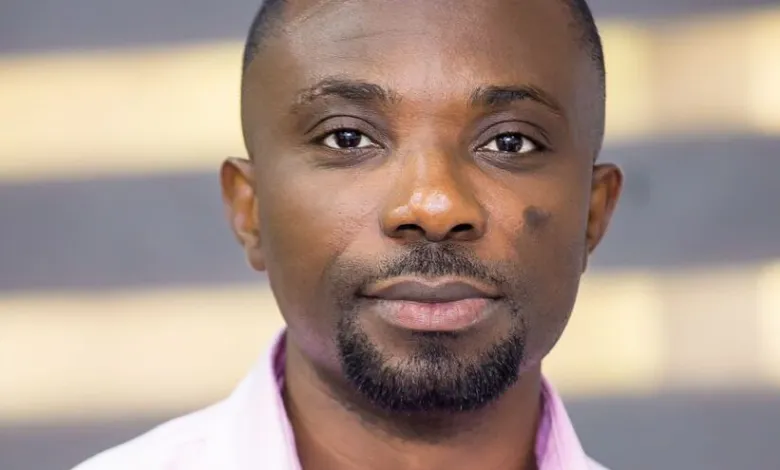
In a dramatic gesture, he went on his knees to plead with President Mahama to declare a state of emergency. Yandoh maintained that the scale of destruction of Ghana’s water bodies had reached alarming levels, requiring extraordinary intervention beyond existing legal and institutional structures.
He emphasised that only a state of emergency could provide the urgency and resources needed to protect vital national assets like the Ayensu River from complete collapse.
While opposition figures press for drastic action, government insists that its multi-pronged approach is yielding results. President Mahama has consistently argued that enforcing existing laws, strengthening regulatory bodies, and improving inter-agency coordination remain the most effective means of addressing the challenge.
Ayariga’s comments reinforced this perspective. He pointed to improved “institutional capacity” and enhanced collaboration as reasons why the country does not currently face the same level of exigency that once justified discussions of a state of emergency.
The galamsey debate has therefore become not only about the scale of environmental destruction but also about how best to balance enforcement with policy consistency. While the government calls for patience and adherence to legal processes, opposition figures insist that the current trajectory demands urgent, extraordinary measures.

As the issue intensifies, both government and opposition remain united on one point: the need to protect Ghana’s natural resources from further devastation.
However, deep divisions remain over whether existing strategies are sufficient or whether declaring a state of emergency is the only way to save the country’s water bodies and farmlands from irreversible damage.
READ ALSO: Expert Demands Swift Traceability System to Avoid Purchase of Galamsey Gold





